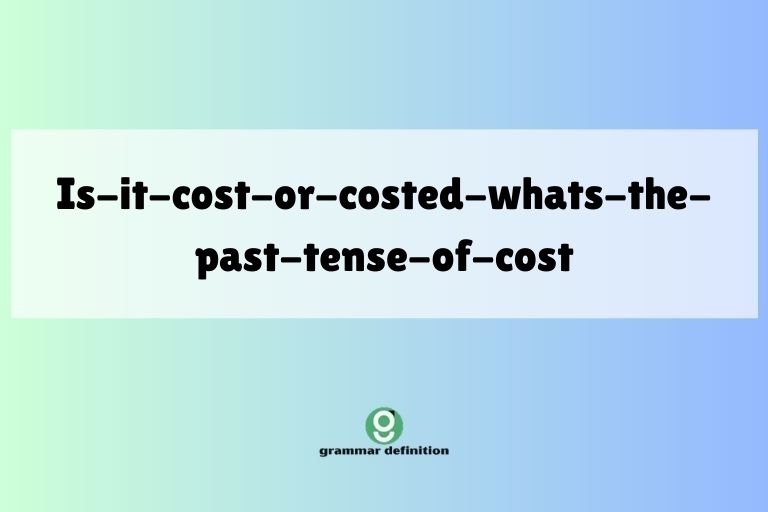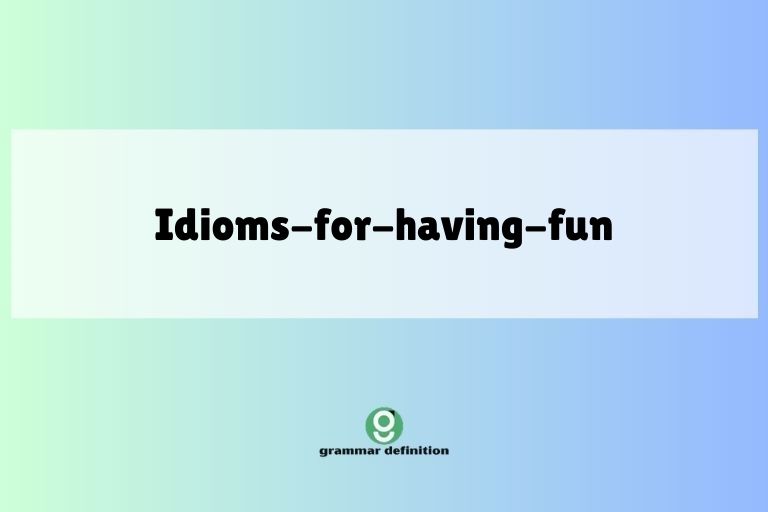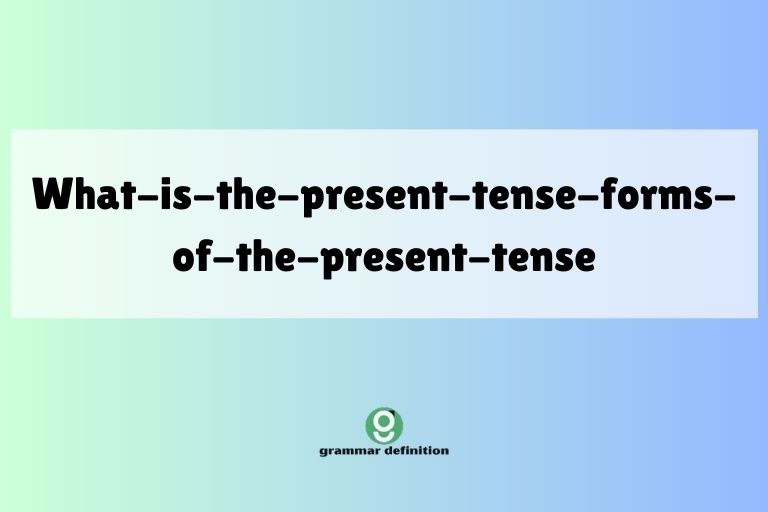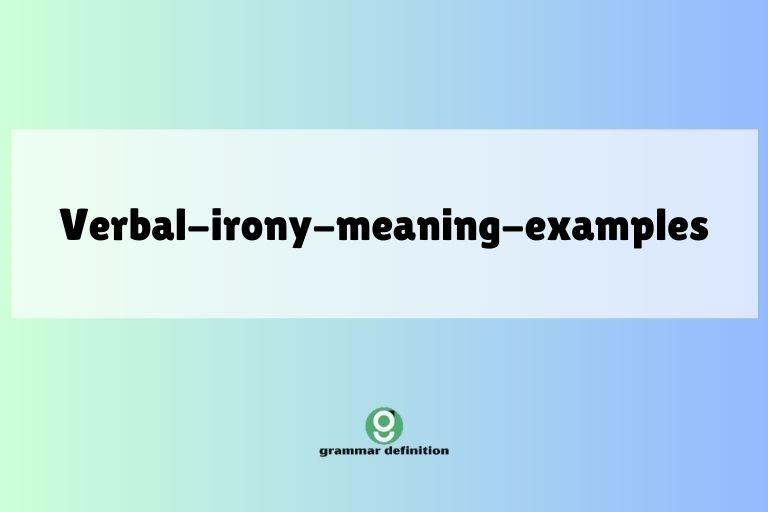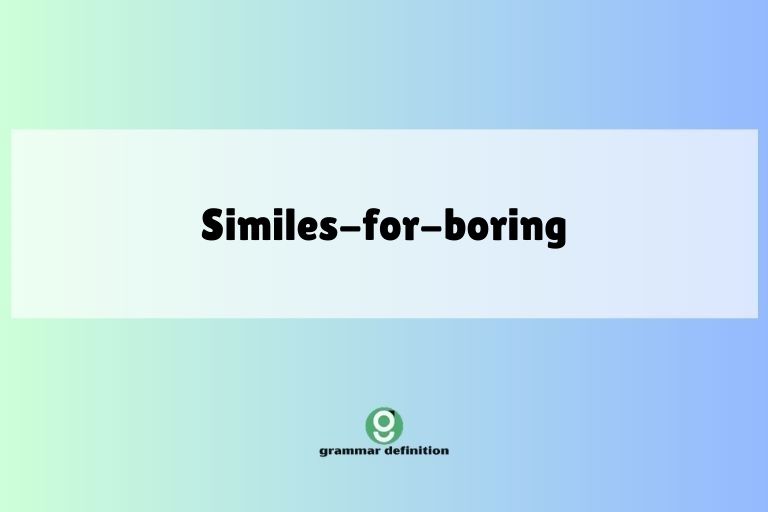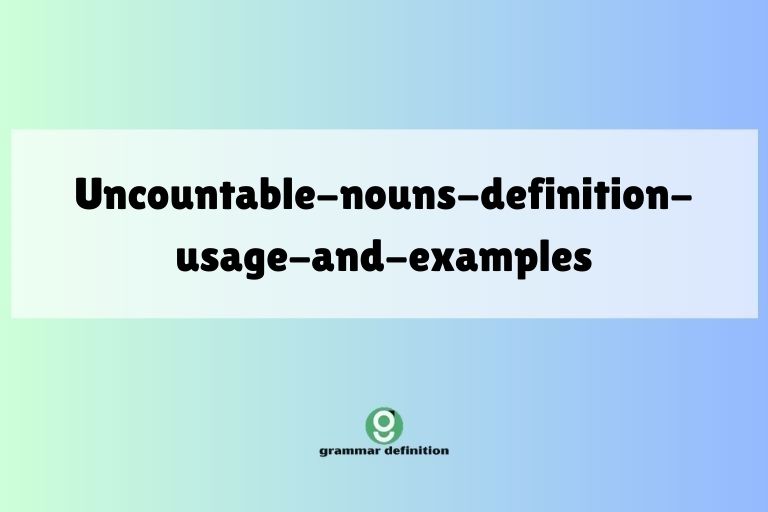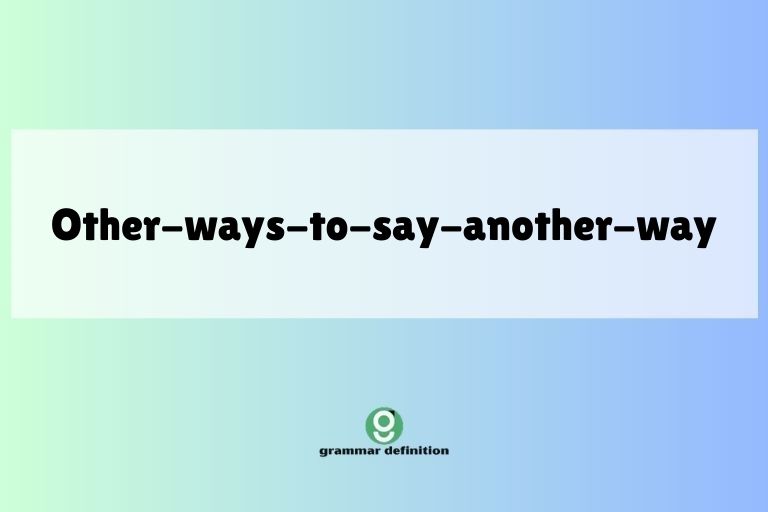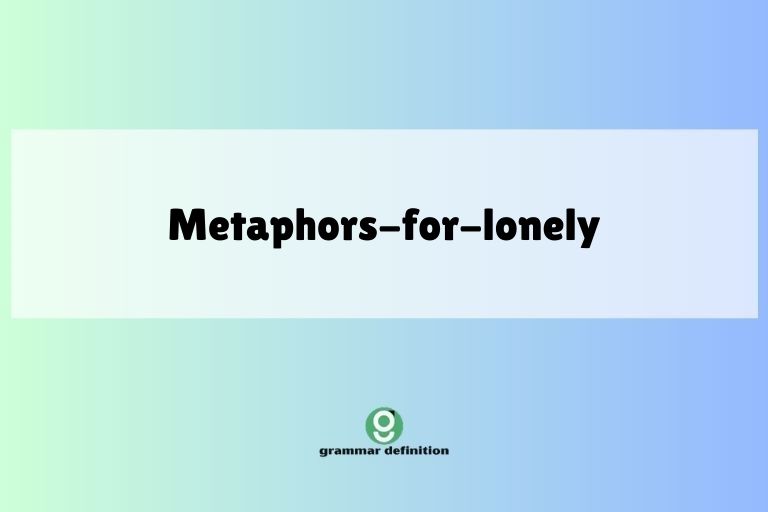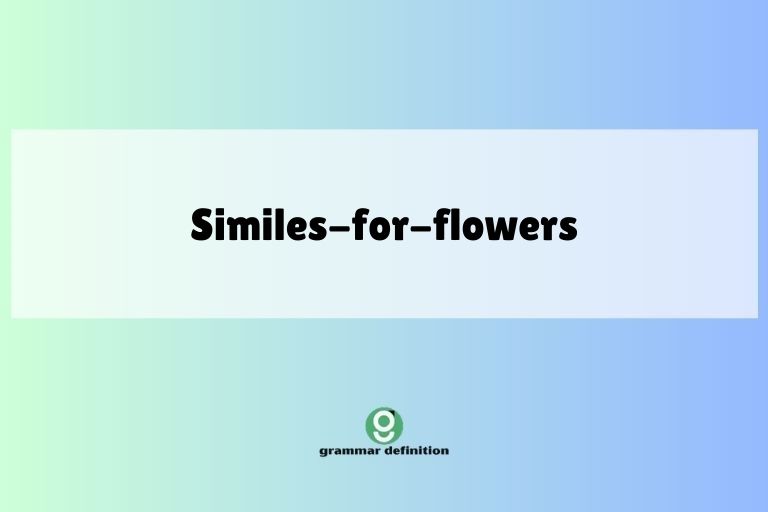Cost or Costed: Understanding the Past Tense of ‘Cost’
Understanding the correct past tense of irregular verbs like “cost” is crucial for clear and accurate communication in English. Many learners mistakenly use “costed,” but the verb “cost” is irregular and maintains the same form in the past tense. This article provides a comprehensive guide to mastering the past tense of “cost,” covering definitions, usage … Read more

